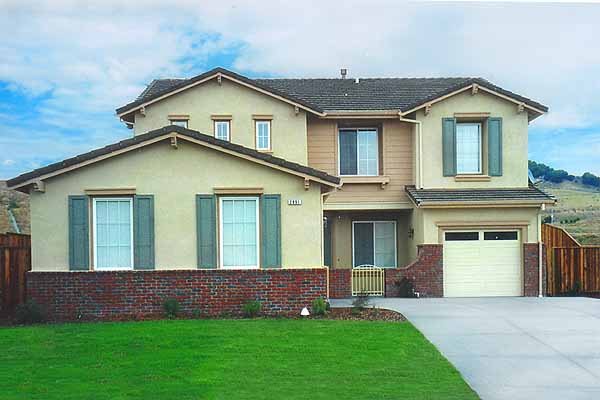LANDLORD
Understanding the Role of a Landlord in Real Estate
The role of a landlord is integral to the real estate landscape, embodying the relationship between property ownership and the rental market. A landlord, often referred to as a lessor, plays a pivotal role in facilitating the use of properties by tenants in exchange for rent. This dynamic exchange forms the cornerstone of residential, commercial, and industrial leasing arrangements, shaping the livelihoods of individuals and the operations of businesses.
The Landlord-Tenant Relationship
At the heart of the real estate rental market lies the landlord-tenant relationship, characterized by legal, financial, and social dimensions. The landlord, as the property owner and lessor, surrenders the right to use the property for a specific period in exchange for the receipt of rent from the tenant. This fundamental agreement forms the basis of tenancy, laying out the rights and responsibilities of both parties within the confines of lease agreements and tenancy laws.
Responsibilities and Obligations
Landlords bear a spectrum of responsibilities and obligations aimed at ensuring the habitability, safety, and maintenance of their properties. From property upkeep and repairs to adherence to housing codes and regulations, landlords play a critical role in providing suitable living and working environments for their tenants. Additionally, financial transactions, lease management, and dispute resolution are among the multifaceted duties shouldered by landlords in the course of their engagements with tenants.
Legal and Ethical Considerations
The landlord's position in real estate is underpinned by a framework of legal and ethical considerations aimed at safeguarding the rights of both landlords and tenants. Lease agreements, property disclosures, eviction procedures, and fair housing laws constitute essential aspects of the legal landscape that landlords navigate. Upholding ethical standards, promoting tenant welfare, and fostering positive community relations are equally vital in defining the conduct of landlords within the real estate sphere.
Conclusion
In conclusion, the role of a landlord in real estate epitomizes the intricate interplay between property ownership, leasing dynamics, and the social fabric of communities. By understanding the multifaceted nature of the landlord's responsibilities and the legal-ethical framework underpinning landlord-tenant relationships, stakeholders can contribute to the creation of equitable, sustainable, and thriving rental environments within the real estate domain.
In conclusion, the role of a landlord in real estate epitomizes the intricate interplay between property ownership, leasing dynamics, and the social fabric of communities. By understanding the multifaceted nature of the landlord's responsibilities and the legal-ethical framework underpinning landlord-tenant relationships, stakeholders can contribute to the creation of equitable, sustainable, and thriving rental environments within the real estate domain.
Understanding the multifaceted nature of the landlord's responsibilities and the legal-ethical framework underpinning landlord-tenant relationships is essential for stakeholders to contribute to the creation of equitable, sustainable, and thriving rental environments within the real estate domain.
MORE REAL ESTATE TERMS
A, B, C, D, E, F, G, H, I, J, K, L, M, N, O, P, Q, R, S, T, U, V, W, X, Y, Z
Featured New Home

Featured Mortgage Brokers
- HOMESTAR FINANCIAL CORPORATION, WINDER, GA
133 W ATHENS ST STE I
WINDER, GA 30680 - ADVISORS MORTGAGE GROUP LLC, TURNERSVILLE, NJ
4991 BLACK HORSE PIKE
TURNERSVILLE, NJ 8012 - NEW DAY FINANCIAL LLC, FULTON, MD
8171 MAPLE LAWN BLVD STE 300
FULTON, MD 20759 - REVERSE MORTGAGE SOLUTIONS INC, BETHESDA, MD
6701 DEMOCRACY BLVD STE 300
BETHESDA, MD 20817 - NORTHWEST MORTGAGE GROUP INC, PORTLAND, OR
10260 SW GREENBURG RD STE 900
PORTLAND, OR 97223